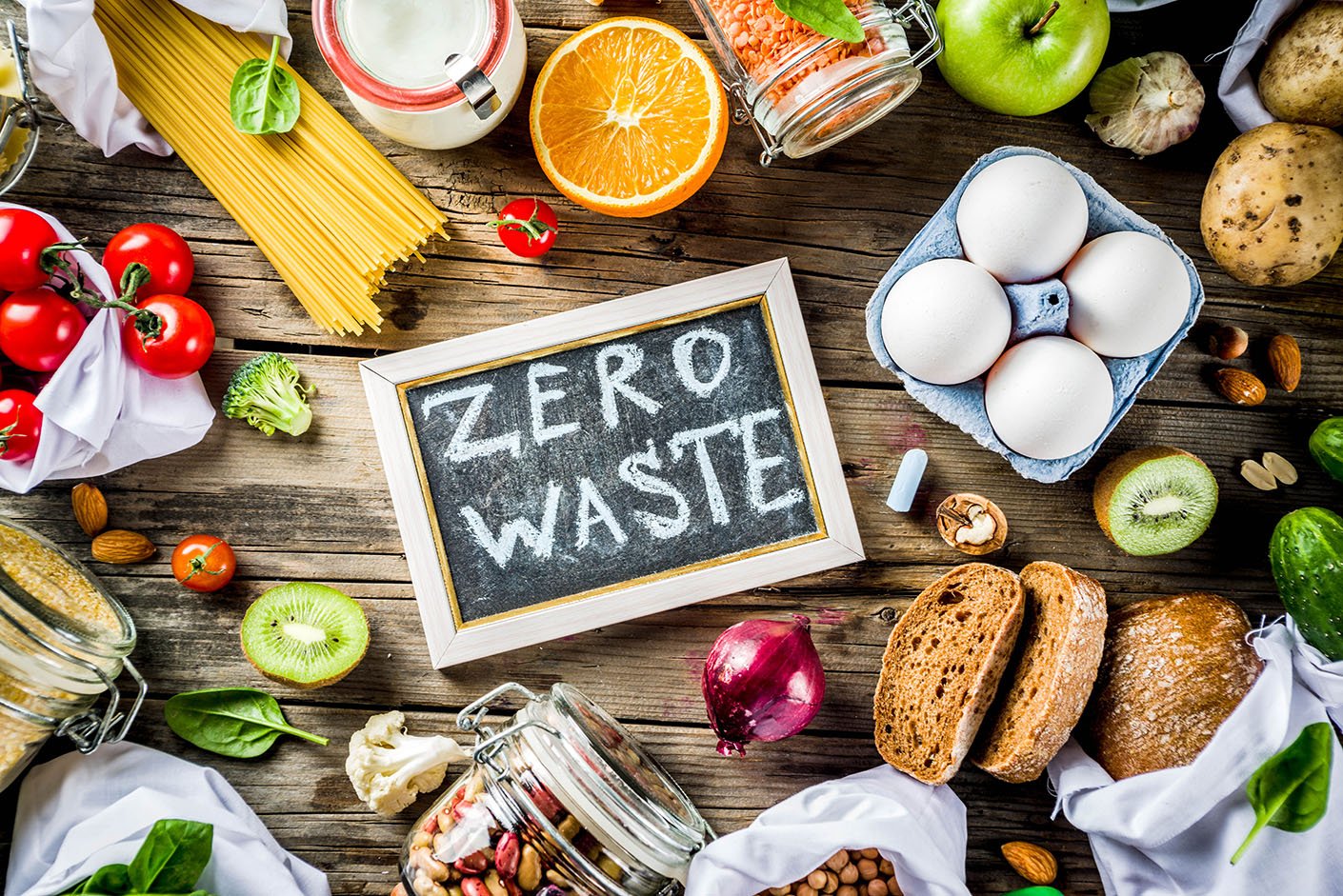South Australian independent retailers are launching the food waste and recycling strategy for Foodland and IGA supermarkets for the period from 2021 to 2025. The community has aimed to become part of a better circulating economy for South Australia.
Retailing stores hustling under the umbrella of Woodland IGM and friendly grocer supermarket brands are likely to dedicatedly work over 20 waste initiatives in the field like training the staff towards avoiding waste, educating customers, reducing packaging plastics, food recovery, and several others.
However, the practice of such a strategy at Klose’s Foodland in Woodside will permit regions, individual supermarket owners to adopt new practices and systems to lower the amount of waste produced at their stores and ultimately enhance resource recovery by particularly targeting food waste.
SA Minister for Environment and Water David Speirs mentions that Klose’s Foodland is already leading the game and is the first in South Australia to eliminate the plastic bags from the stores and instead started using recyclable paper bags for fruits and vegetables. It is an ideal example of South Australian business strategies leading the nation in the field of waste management and avoiding the practice of single-use plastic bags, which will also encourage others to follow such sustainable practices.
Food waste has been among the most pressing challenges in South Australia for many years. The government, stores, and other regulating authorities are committed to managing and diverting food waste away from landfills into the composite sector, which is a sustainable and environmentally friendly practice. But in addition, it also generates employment.
Speirs also discussed the launch of two events this year and the previous one was to move towards zero avoidable food waste reaching landfills. He mentions that a state-wide waste strategy was launched last year, and the first targeted food waste strategy was launched this year to achieve the same.
Foodland supermarkets are happy to encourage such initiatives.
There are approximately more than 200 individuals in the supermarkets in the region, creating around more than 15000 jobs that contribute towards around $2 billion state economy.
Klose mentioned they are proud to be the first super markets in the region to commit and take actions to lower the adoption of single-use plastics. Also, he said they are striving hard to work with other retailers to generate better outcomes for both the economy and the environment.
